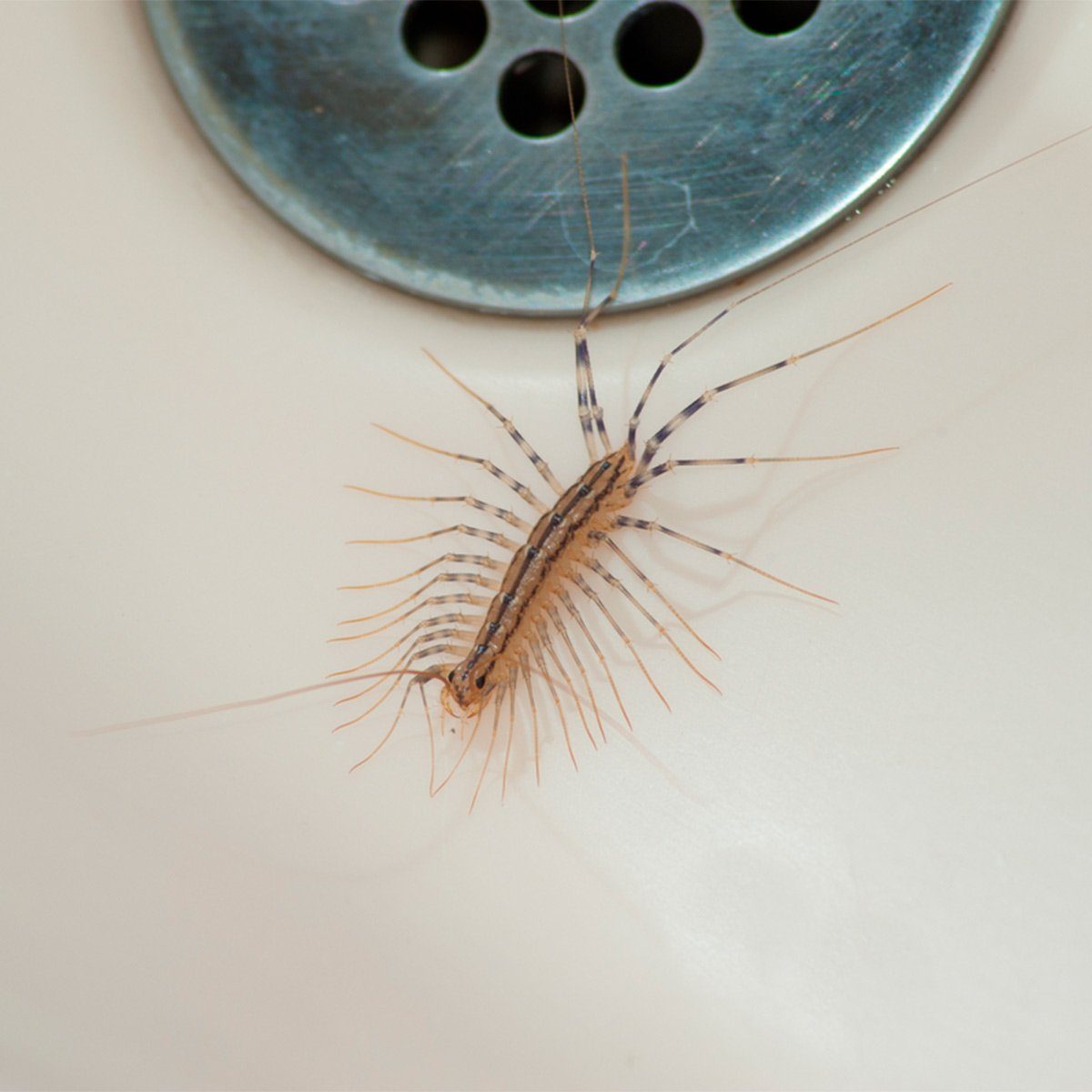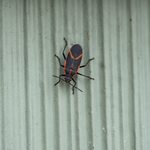Here’s Why You Should Never Kill a House Centipede
Centipedes may be creepy-looking, but you may want to think twice before squishing that bug to bits.

There’s nothing more terrifying than watching a house centipede shoot across your floor and under your couch. It’s safe to say that most people are positively terrified from those creepy crawling houseguests. House centipedes typically have 15 legs and can travel 1.3 feet-per-second, which explains why catching one of these centipedes in house is so difficult.
The typical response to a house centipede probably involves a shoe to squash the bugger before it crawls under another piece of furniture. Like almost every other bug out there, however, a centipede does have a purpose—and yes, that purpose is actually good.
What do centipedes eat?
House centipedes are known for killing pests in your house that are completely unwelcome. They kill roaches, moths, flies, silverfish and termites. Centipedes use the two legs right near their head, which has been modified to carry venom, and their other legs to scoop up the bug. This is called a “lassoing” technique where centipedes jump on their prey and wrap them up with the rest of their legs.
Not only are house centipedes killing the bugs you really don’t want in your house, they also don’t create any type of nests or webs as well. They are considered active hunters and are constantly looking for their next prey. Centipedes aren’t eating your wood and they aren’t carrying a fatal disease. House centipedes just want to go after the bugs.
How to get rid of centipedes in your home
- If you want to get rid of house centipedes for good, the trick is to get rid of the food centipedes source on.
- Try to get rid of the household pests that they prey on. You can do this by making sure there isn’t extra moisture in your walls by using a dehumidifier or installing a fan in the bathroom.
- Seal off any cracks entering the house so pests don’t have places to lay eggs.
- Make sure to clear your house of any debris that is causing unnecessary moisture to leak into your walls.
Next, learn about the pests that could be hiding in your attic.



